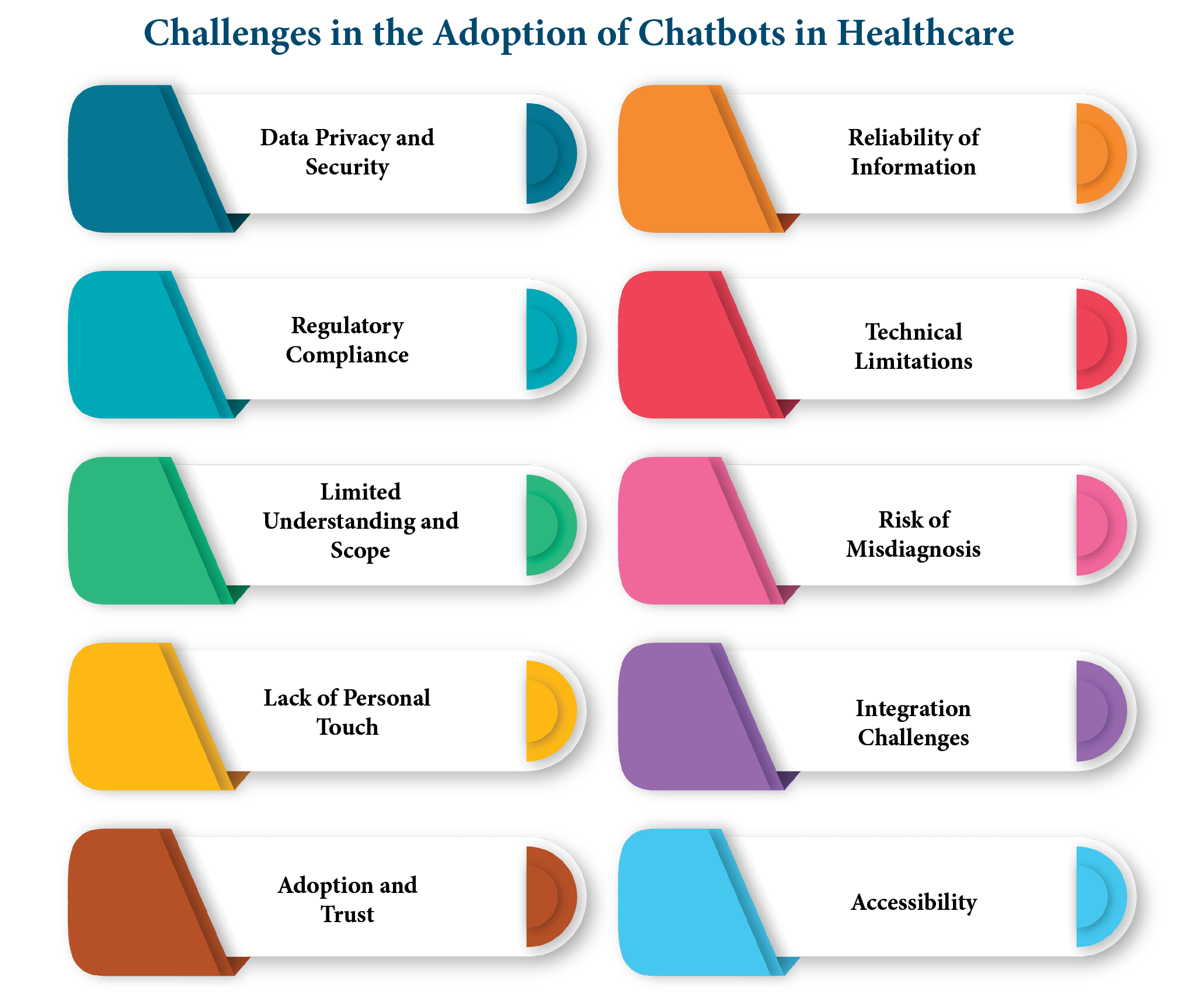Chatbots are computer programs designed to simulate human conversation using textual or auditory methods. They are capable of understanding natural language and can engage with users in a way that mimics human interaction. Beyond simple scripted responses, modern chatbots are often powered by Artificial Intelligence (AI), allowing them to learn from conversations and improve their performance over time.
The Evolving Landscape of Chatbot Technology in the Healthcare Sector
The rapid development of technology has dramatically transformed healthcare delivery over the last decade. Chatbots, AI-powered conversational agents, have emerged as a promising tool to streamline processes and improve patient care. They are being deployed across different healthcare settings, offering an exciting glimpse into the future of health technology.
Chatbots have a multitude of applications within the healthcare sector. Here are some of the key areas where they’re being used:
Patient Engagement and Communication: Chatbots offer a platform for continuous patient interaction, answering queries, providing health tips, and maintaining an open line of communication. They can engage with patients in real-time, offering immediate responses to their questions.
Appointment Scheduling and Reminders: Chatbots can handle appointment scheduling efficiently, allowing patients to book, cancel, or reschedule appointments. They can also send automated reminders to ensure patients do not miss their appointments.
Health Monitoring and Early Disease Detection: With capabilities like symptom checking and health tracking, chatbots can play a critical role in monitoring patient health. They can analyze patient input for potential health risks, offering a form of early disease detection.
Personalized Health Education and Counseling: Chatbots can deliver tailored health education to patients based on their unique medical history and lifestyle factors. They can also provide counseling support, such as mental health advice, helping users manage stress, anxiety, or depression.
Medication Management and Adherence: Chatbots can help patients manage their medication schedule, reminding them to take their prescribed medicines on time and even providing information about potential side effects or drug interactions.
Mental Health Support: Some chatbots are designed to provide psychological support to users, helping them manage conditions like stress, anxiety, or depression through cognitive behavioral techniques.
Patient Triage: In busy healthcare environments, chatbots can assist in triaging patients based on the severity of their symptoms, helping prioritize cases and optimize the allocation of healthcare resources.
Data Collection and Analysis: Chatbots can collect and analyze patient data over time, offering healthcare professionals invaluable insights into patient health trends, medication adherence, and more.
Telemedicine Support: As part of telemedicine platforms, chatbots can facilitate remote healthcare delivery, offering patients immediate medical assistance without the need for physical hospital visits.
Public Health Information Distribution: During public health crises, chatbots can be used to distribute accurate and timely information to the public, answering common questions and dispelling myths.

Chatbots have the potential to dramatically revolutionize the healthcare landscape. They can not only enhance patient engagement but also significantly improve the quality of healthcare delivery by providing round-the-clock support, tailored health education, and efficient management of healthcare processes. As we continue to advance in artificial intelligence, the potential of chatbots will only become more significant, with their abilities in disease detection, symptom tracking, and patient care becoming more refined and accurate.
However, realizing the full potential of healthcare chatbots isn’t without challenges. Data privacy, regulatory compliance, the risk of misdiagnosis, and the need for a human touch in healthcare are all pertinent issues that must be addressed. Despite these hurdles, the future of chatbots in healthcare looks promising. Through continual technological advancements and by carefully addressing these challenges, we can look forward to a future where chatbots play an integral role in healthcare delivery, creating a more efficient, accessible, and patient-centric healthcare system. As we progress, the role of chatbots will undoubtedly continue to evolve, unlocking a new era of digital health innovation.
Composed by: “Varsha, proficient as a Business Analyst, has an educational foundation in healthcare IT, acquired through a PGDHM from IIHMR Delhi. Her primary interest rests at the intersection of healthcare and technology, with a specific focus on harnessing cutting-edge tech solutions to revolutionize patient care and enhance healthcare systems. Her work areas comprise optimizing healthcare data flow and improving operational efficiency, driving enhanced patient care and system robustness.”

